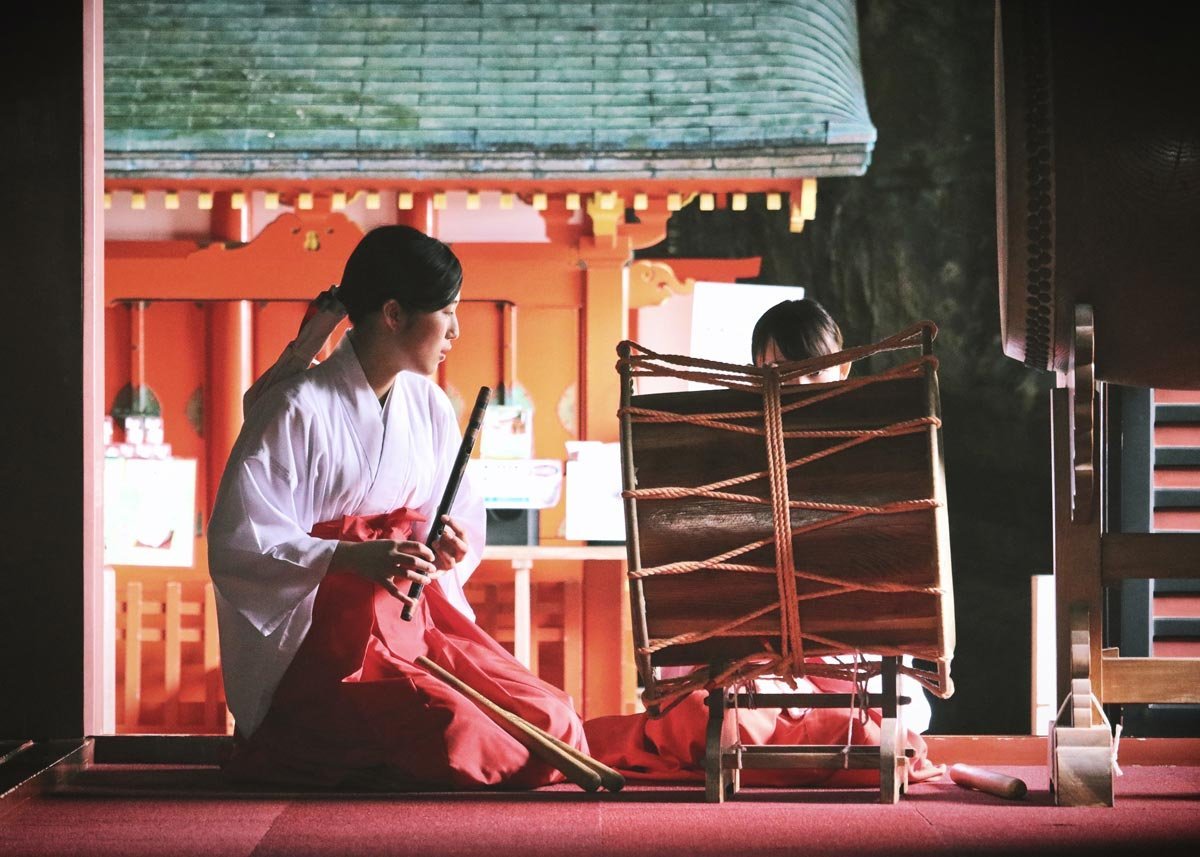Japanese rock music has undergone significant transformation since its early days. From the pioneering sounds of the 1960s to the diverse and vibrant scene today, Japanese rock has influenced and been influenced by global trends. This article explores the evolution of Japanese rock, highlighting iconic bands and modern influences that shape the genre.
Early Beginnings and Iconic Bands
Japanese rock began to take shape in the 1960s. Influenced by Western rock and roll, bands like The Ventures and The Tigers introduced new sounds to Japan. The Tigers, in particular, became a pioneering force in Japanese rock. Their energetic performances and catchy tunes set the stage for future rock bands in Japan.
As Japanese rock continued to evolve, bands like Happy End emerged in the early 1970s. Happy End blended rock with traditional Japanese music, creating a unique sound. Their innovative approach laid the groundwork for the development of Japanese rock and inspired countless bands.
The Rise of Alternative and Punk Rock
The 1980s marked a significant shift in Japanese rock with the rise of alternative and punk rock. Bands like The Blue Hearts brought a fresh, rebellious edge to the genre. Their energetic performances and socially conscious lyrics resonated with a new generation of fans. The Blue Hearts’ influence extended beyond Japan, shaping punk rock scenes worldwide.
In addition, the 1980s saw the emergence of bands like Shonen Knife. Known for their catchy melodies and quirky lyrics, Shonen Knife gained international recognition. Their playful approach to rock music helped popularize Japanese rock outside Japan and introduced global audiences to the genre.
Rhythm, Focus, and Strategy in Creative Spaces
Moosic Lab thrives on innovation, creativity, and the pursuit of perfect timing—qualities that also define engaging strategy games. Platforms like https://www.jokacasino.me/online-blackjack offer an entertaining digital space where strategic thinking and timing are key. Just like composing or performing music, success relies on rhythm, concentration, and smart choices. It’s a creative synergy that blends leisure with mental engagement.
The Impact of Visual Kei
In the 1990s, the visual kei movement revolutionized Japanese rock. Bands like X Japan and Luna Sea combined rock music with elaborate costumes and theatrical performances. Visual kei became known for its dramatic aesthetics and musical diversity. The movement’s influence extended globally, with bands gaining international fans and recognition.
X Japan, in particular, played a crucial role in the global spread of Japanese rock. Their fusion of rock, metal, and classical music created a unique sound that captivated audiences worldwide. X Japan’s success opened doors for other Japanese rock bands to reach international stages.
Explore Musical Innovations
Discover the creative tools and resources offered by Moosic Lab for music enthusiasts and professionals. For individuals who may have an interest in exploring online entertainment options and finding information about where to play at a real money casino in Canada, external resources are available for informational purposes.
Modern Influences and Genres
Today, Japanese rock continues to evolve with modern influences and diverse genres. Bands like ONE OK ROCK and RADWIMPS have gained international acclaim. ONE OK ROCK’s energetic rock sound and powerful live performances have resonated with fans globally. Their collaborations with Western artists have further expanded their reach.
RADWIMPS, known for their eclectic style, gained widespread recognition with their work on the film Your Name. Their ability to blend rock with other genres, such as electronic and orchestral music, showcases the versatility of modern Japanese rock. RADWIMPS’ success demonstrates the genre’s continued relevance and global appeal.

Rhythm, Innovation, and Digital Leisure
MoosicLab celebrates artistic innovation, blending sound, technology, and creativity to redefine modern music experiences. As creators explore new rhythms and compositions, downtime can also inspire fresh ideas. Engaging in digital entertainment like online roulette offers a fun and interactive break that complements the creative process. Just like music, it’s all about flow, intuition, and timing.
The Influence of Technology and Global Trends
Technology has played a significant role in shaping modern Japanese rock. Social media and streaming platforms have allowed Japanese rock bands to reach international audiences more easily. This increased visibility has led to collaborations with global artists and greater exposure for Japanese rock.
Furthermore, global trends have influenced Japanese rock music. Bands incorporate elements from various genres, including electronic, hip-hop, and metal. This blending of styles reflects the genre’s adaptability and openness to new influences.
Exploring Soundscapes and Entertainment
Moosic Lab provides innovative tools and resources for music creation and exploration. Just as you delve into the world of sound, you might also seek engaging online entertainment, and for those interested in virtual gaming experiences, casino australia offers a variety of options. After composing your next masterpiece, consider exploring their digital platform for a different kind of immersive experience. Remember to engage responsibly and enjoy the diverse forms of leisure available.
Conclusion: The Dynamic Evolution of Japanese Rock
Japanese rock has evolved from its early roots into a dynamic and diverse genre. Iconic bands from the 1960s and 1970s laid the foundation, while alternative and visual kei movements shaped its development. Modern influences and technological advancements continue to drive the genre forward, keeping Japanese rock relevant and exciting on the global stage.
Exploring the evolution of Japanese rock reveals a rich history of innovation and adaptation. From pioneering bands to contemporary artists, Japanese rock offers a fascinating journey through musical evolution.










